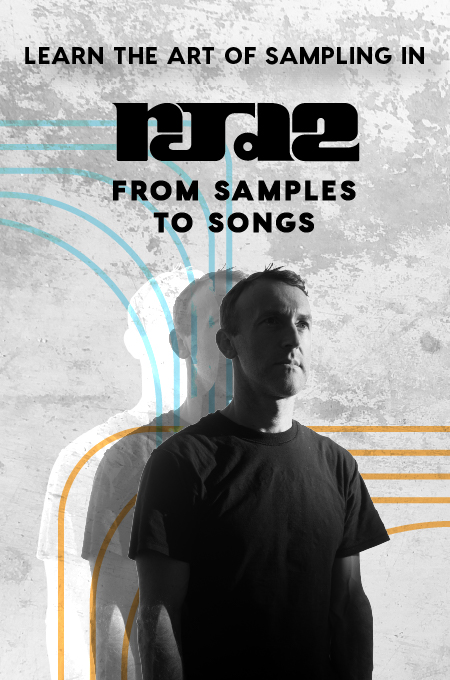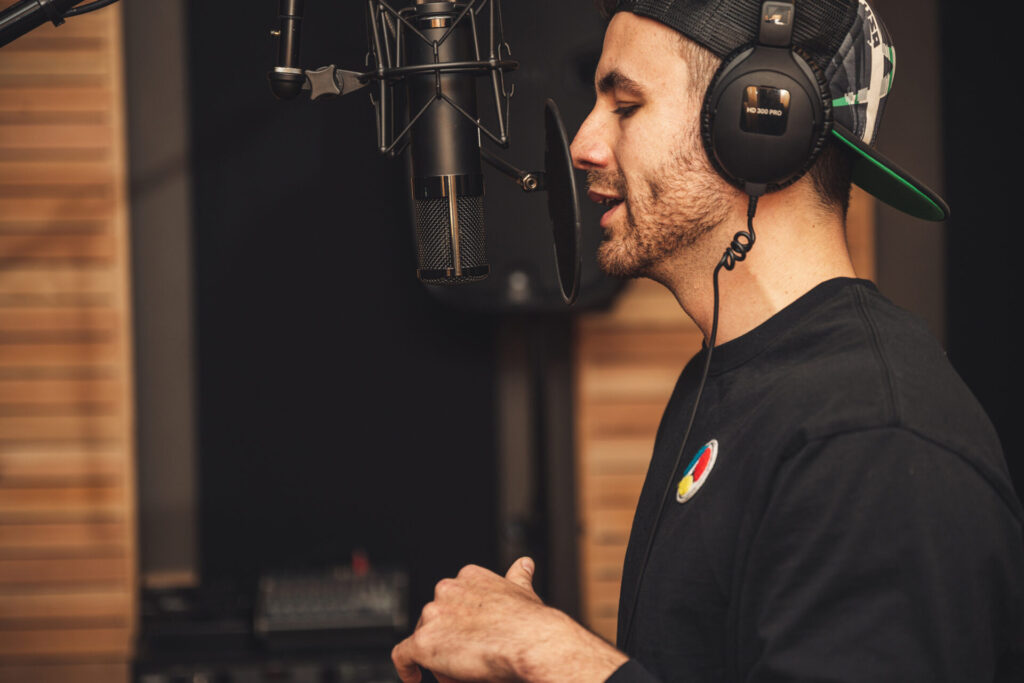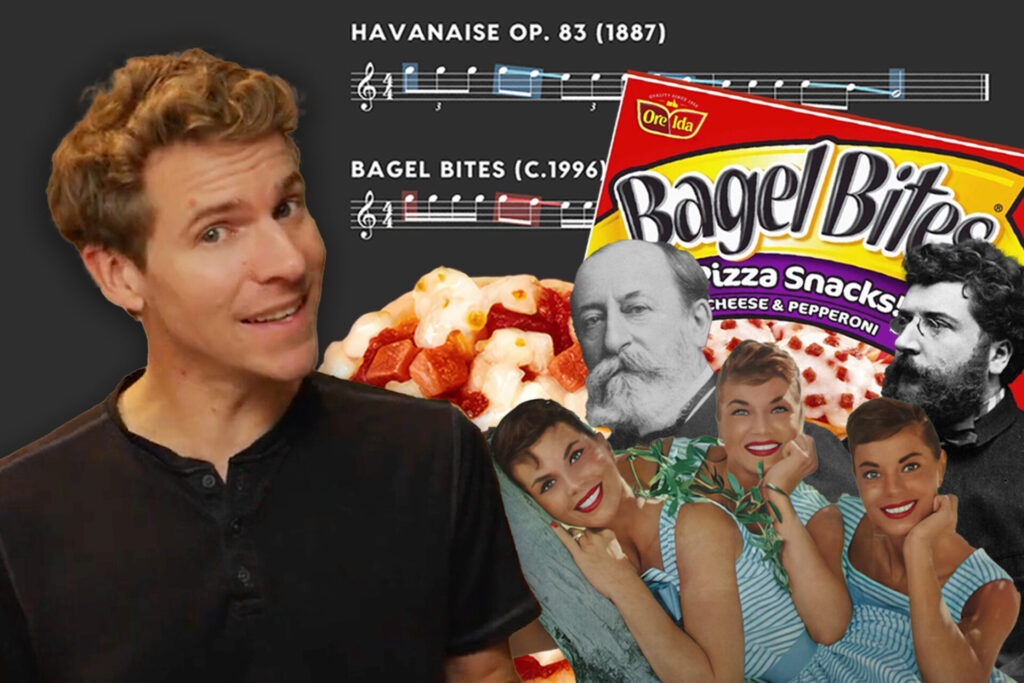+ Take your modern jazz piano and hip-hop beat making to new heights with Soundfly’s new course, Elijah Fox: Impressionist Piano & Production!
In a recent interview for the Herald Scotland, the Scottish pianist Steven Osborne describes how he uses techniques drawn from sports psychology to enable him to counteract the exigencies of the concert pianist’s life, the anxiety of performance and the sometimes unpleasant side-effects of adrenaline.
I often liken the pianist’s life to that of a sportsperson’s: the many hours of specialist training, the constant need to hone and improve one’s techniques and skill base, to keep fit and build stamina to cope with the Herculean learning and upkeep of all those notes, punishing concert schedules, traveling, and indeed the music itself which can present its own particular physical and mental challenges.
For example, playing Rachmaninov’s Third Piano Concerto has been likened to shoveling around three tons of coal — and that does not include the mental and emotional exertion required to learn and perform this monumental work.
Added to this there is the need to feed the artistic temperament, never having permission to be less than perfect, for one is only as good as one’s last performance — just as the champion sportsman or woman will be remembered for the last record broken or gold medal won.

It can be a smothering profession, at whatever level one is engaged in it.
In addition to the many hours of practising at the piano, there is painstaking work to be done away from the keyboard, reading, analyzing and annotating scores, marking up fingering schemes which once learnt remain embedded in the memory and the fingers forever. There is always new repertoire to be learnt, old repertoire to be revised, overhauled, finessed, or just simply kept going, a vast repertoire “in the fingers” which can be made ready for some kind of performance within a matter of days, depending on one’s schedule.
Top athletes and musicians know that excellence comes from hours and hours of this kind of highly focused training. One is not born with this extraordinary talent: it must be developed and refined — and that takes hard graft and commitment.
+ Read more on Flypaper: “How to Stay Motivated, Even When You Feel Like the Biggest Sack of Potatoes Ever.”
And then there is performing itself which requires special preparation, in particular learning how to deal with the rush of adrenaline which comes with the anxiety of performance. As Steven Osborne says:
“Concert tours aren’t quite real life… All that weird adrenaline. The rhythm of anticipation then coming down afterwards — it’s not normal to do that day after day.”
Sports people experience this too: it is the adrenaline pumping through the body which, in addition to all the careful training and preparation, propels Mo Farah down the track or Chris Froome up that hors catégorie Alp in the Tour de France. And it drives that particular aspect of ego which makes sports people and musicians go out and perform.
And sport can be seen as a performance (why else are we captivated by live TV broadcasts of rugby matches, skeleton bobsled, snowboarding, gymnastics, etc?).
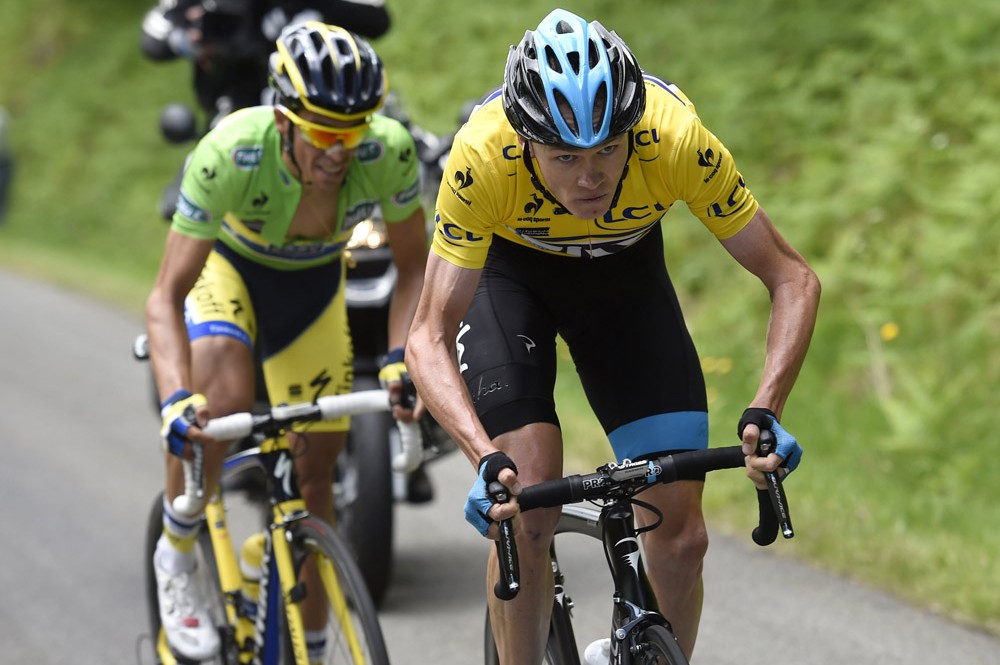
The pressure to perform and perform perfectly has caused many an athlete, and concert pianist, to abandon the sport/profession and turn his or her attention to related aspects such as teaching and developing young talent. For in that moment when you are alone on the stage, you know that if you make a mistake there will be no-one there to help you.
Learning how to deal with the anxiety and loneliness of performance and that special rush of adrenaline is a crucial aspect of being a performer, and an athlete, and many strategies for dealing with performance anxiety are drawn from sports psychology and NLP. Even the most junior students and performers need to understand why we feel nervous and to be given strategies to overcome anxiety and to learn how to work with adrenaline to enable one to respond to it positively and to lift one’s performance.
And also to accept that mistakes are inevitable and normal, because we are all human.
There are day-to-day aspects of the musician’s life which also chime with that of the athlete: just as one experiences an endorphin rush, the feeling of well-being and euphoria as the body is flooded with “happy hormones” during physical exercise, so musicians enjoy the same feelings through the physical activity of practising and engaging with the instrument.
+ Learn how to marry theory, improvisation, and beat making to become a better pianist and producer, with Grammy-winner Kiefer’s Keys, Chords, & Beats.
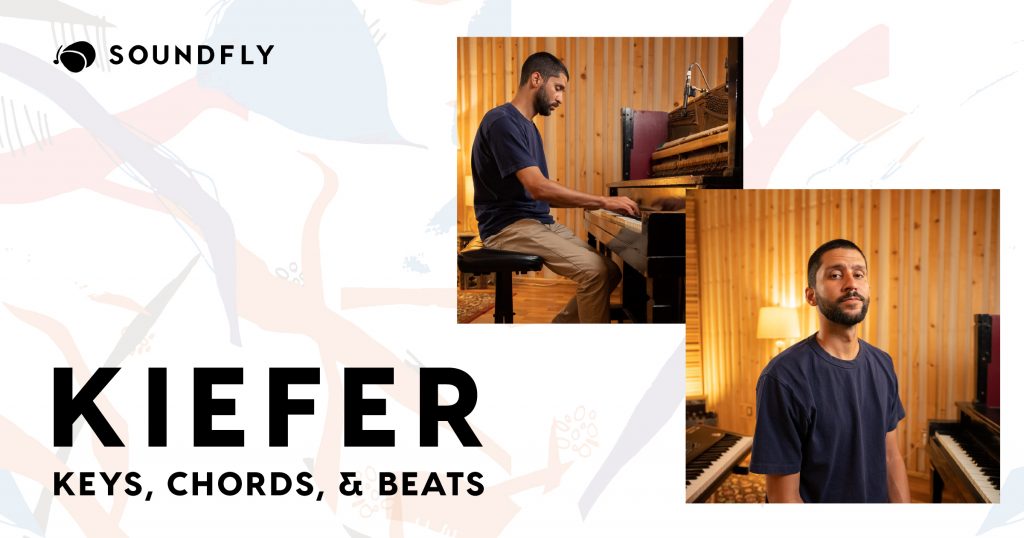
When this is combined with adrenaline in a performance situation, one can come off stage on an extreme “high” and it can take several hours to come down.
Musicians also need to understand how to listen to the body and manage injuries in the same way as sportspeople do. Injuries can be devastating if not managed correctly, leading to cancelled concerts (and therefore loss of income), and, in extreme cases, can bring careers to a premature end.
Repetitive strain conditions such as tendonitis and tenosynovitis must be taken seriously, and affected fingers, hands, wrists, backs and other limbs rested and given time to recuperate.
It is important to adopt the correct posture when playing (for the pianist, an adjustable piano stool is essential) and to take regular breaks. Many musicians whom I know actively engage in sports such as tennis, running, swimming, cycling and weight-training, and many of us use exercises drawn from yoga, Pilates, Alexander Technique and Feldenkrais to keep our bodies in good condition.
Exercise and sport can also provide useful “down time” for the musician, allowing time away from the instrument.
In my teaching, I often use analogies drawn from sport to help explain a particular point or aspect of technique to my students, the most frequent being learning how to do an over-arm serve in tennis to illustrate why we practise repetitively: just as the tennis player needs to learn the movements in sequence to serve the ball, so the pianist must learn a set of movements to play a certain passage, scale or exercise.
Repetition of these movements fixes them in the “muscle memory” — or what psychologists call the “procedural memory.” I remember practising my over-arm serve endlessly as a teenager; but I never became a decent tennis player! Maybe there is a lesson here…
The image of the pianist as an effete artiste locked in his or her ivory tower is no longer accurate. Instead imagine a focused athlete, honing body and mind.
Resources and further reading:
- BAPAM (British Association for Performing Arts Medicine) – health advice for musicians
- Music and Health – many articles, links and other resources written and collated by Richard Beauchamp
- Herald Scotland interview with Steven Osborne
- An earlier post on Playing in the Zone
- The Piano and Neuro-Linguistic Programming
Play Your Heart Out!
Continue your learning adventure on Soundfly with modern, creative courses on songwriting, mixing, production, composing, synths, beats, and more by artists like Kiefer, Kimbra, Com Truise, Jlin, Ryan Lott, RJD2, and our newly launched Elijah Fox: Impressionist Piano & Production.
—
In addition to writing The Cross-Eyed Pianist blog, Frances Wilson is a regular writer for classical music website InterludeHK and has contributed many articles on aspects of piano playing and pianism to ‘Pianist’ magazine. She has acted as a syllabus consultant for the Associated Board of the Royal Schools of Music, Trinity College London, and London College of Music.

